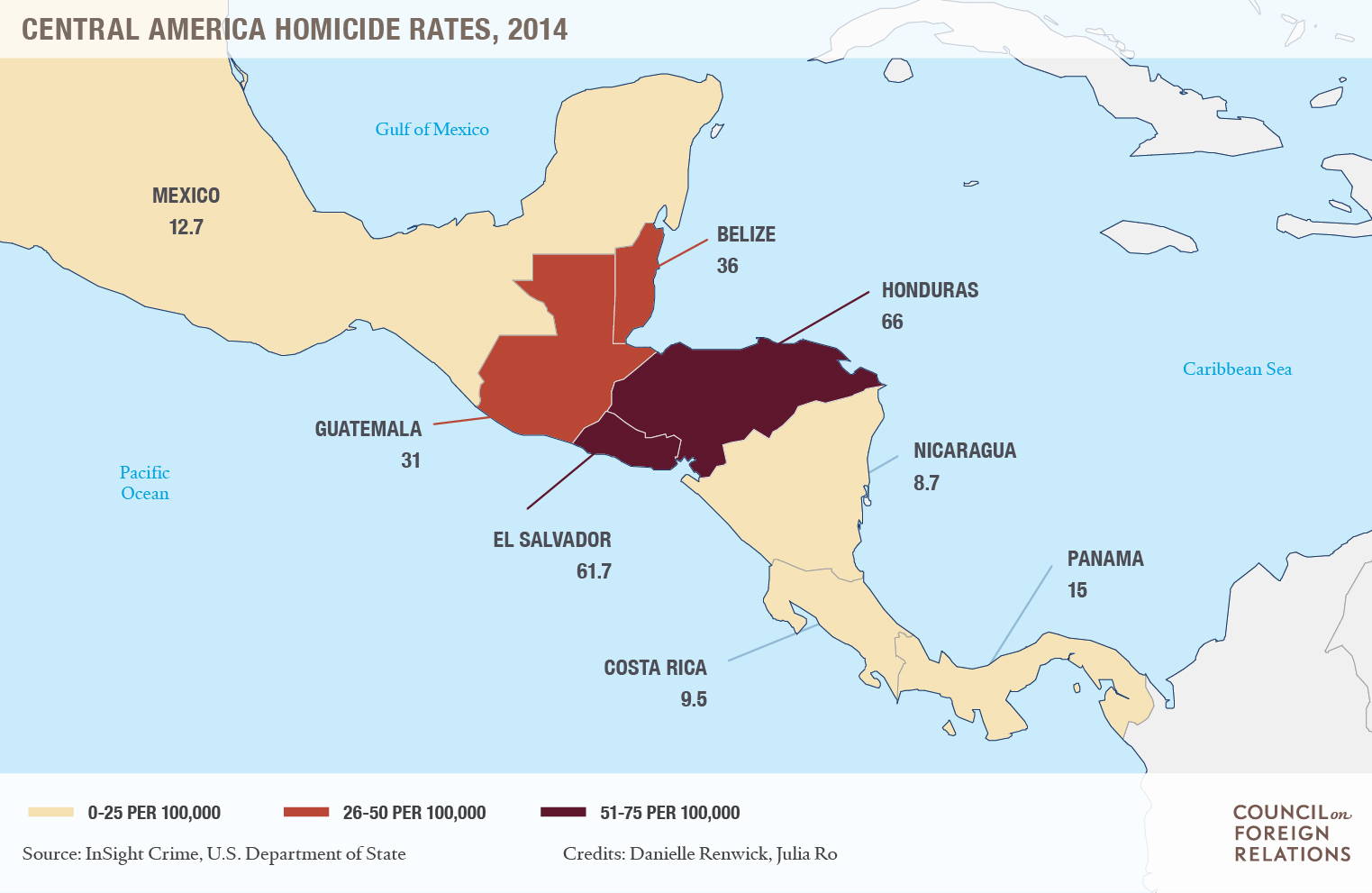The Journey to Safety: Let’s humanize Central American women seeking asylum in the US.
By Monica Faulkner
Last Monday morning, pictures began appearing on social media of roughly 460 women and children being bused from immigration detention centers to non-profits and churches in San Antonio. The releases relate to a judge’s decision stating that these facilities could not be licensed as child care facilities. Finally, there is a glimmer of hope that our country would come to its senses and not imprison women and their children who were escaping violence.
I have been able to help these women and children in a tiny way by providing expert mental health/trauma evaluations to assist with legal cases. Honestly, it is hard to explain to my kids why I am leaving them on a Sunday morning to meet with a stranger, but someday I hope they will understand. I try my best to take one case a month, where I meet with a woman, spend several hours listening to her story, coordinate with her attorney and then write a report detailing her mental health and trauma history. To be granted asylum or legal permission to remain in the country, each woman must show that she is unable to return to her home country due to a threat of violence. My role is to provide an affidavit to the judge that provides my professional opinion as to the woman’s mental health status, history of violence victimization, the impact of violence and the threat of continued harm. During my time meeting with a woman, I find myself pulled back into my earliest work as a social worker when I advocated for sexual assault survivors. Sadly, I am usually the first person to tell a woman that it is not her fault that her husband cut her with a knife, or that a gang member repeatedly raped her, or that the father of her child threw her out of a car. These things have become normal to the women I have met. The most powerful thing I can do is to simply tell them that what happened is not their fault, that they are not crazy, and that I believe them.
Immigrants from Central America have largely been dehumanized and ignored. Although I cannot share details about anyone I have talked to, I want to humanize these particular women for those who have not heard their stories. Because of my privilege as a middle-class, educated woman, so many things have surprised me in learning about families fleeing violence in ‘Northern Triangle countries’ of El Salvador, Guatemala, and Honduras.
Women leaving Northern Triangle countries just leave when they can. I have not once met a woman who told me about how she planned out her journey. More commonly, I hear a story about a spouse or boyfriend who beat them so bad or raped them so brutally, that they knew death was imminent. They know that gangs control their governments and they know the police will tell them to work out their problems in the bedroom. They know there is no protection. The choice becomes very clear to them: die in their country or leave knowing they may potentially die on the way to America. The women I have talked to make a quick and heart-wrenching decision to grab their child and find a train or bus station.

I want to start by talking about themes I have heard from women about the process of leaving. I have consistently heard stories from women about their decisions to leave that remind me of my privilege. When my family plans for any car ride over an hour, we have snacks, movies for our kids, and extra changes of clothes for the kids. In short, we know where we are going and the most efficient, kid-friendly way to make that happen. We have transportation that is comfortable and safe. For these women, there is no planning, no packing of cherished items, and no preparing their child for the journey. They just leave and begin a journey that is incredibly painful. Their journey is not kid-friendly or even human-friendly, but I will share with you some insights about their journeys in another post.
My plan is to share with you over a series of blog posts some of my observations, heartaches, and examinations of my own privilege. I don’t have all the answers. Although I have always worked with immigrants as a social worker, this is not my area of expertise, but it has become a part of who I am and what I want to change. My hope is by hearing about these women’s lives we can all start to look at our own lives and what we can contribute to the world.
If you want to help right now, I encourage you to follow RAICES and donate to their efforts to help the women who were recently released.
Are you a social work student looking to help? Check out the Social Work Detention Response Team page to learn more
This is Part 1 of “The Journey to Safety” blog series. Read part 2 here and part 3 here.
